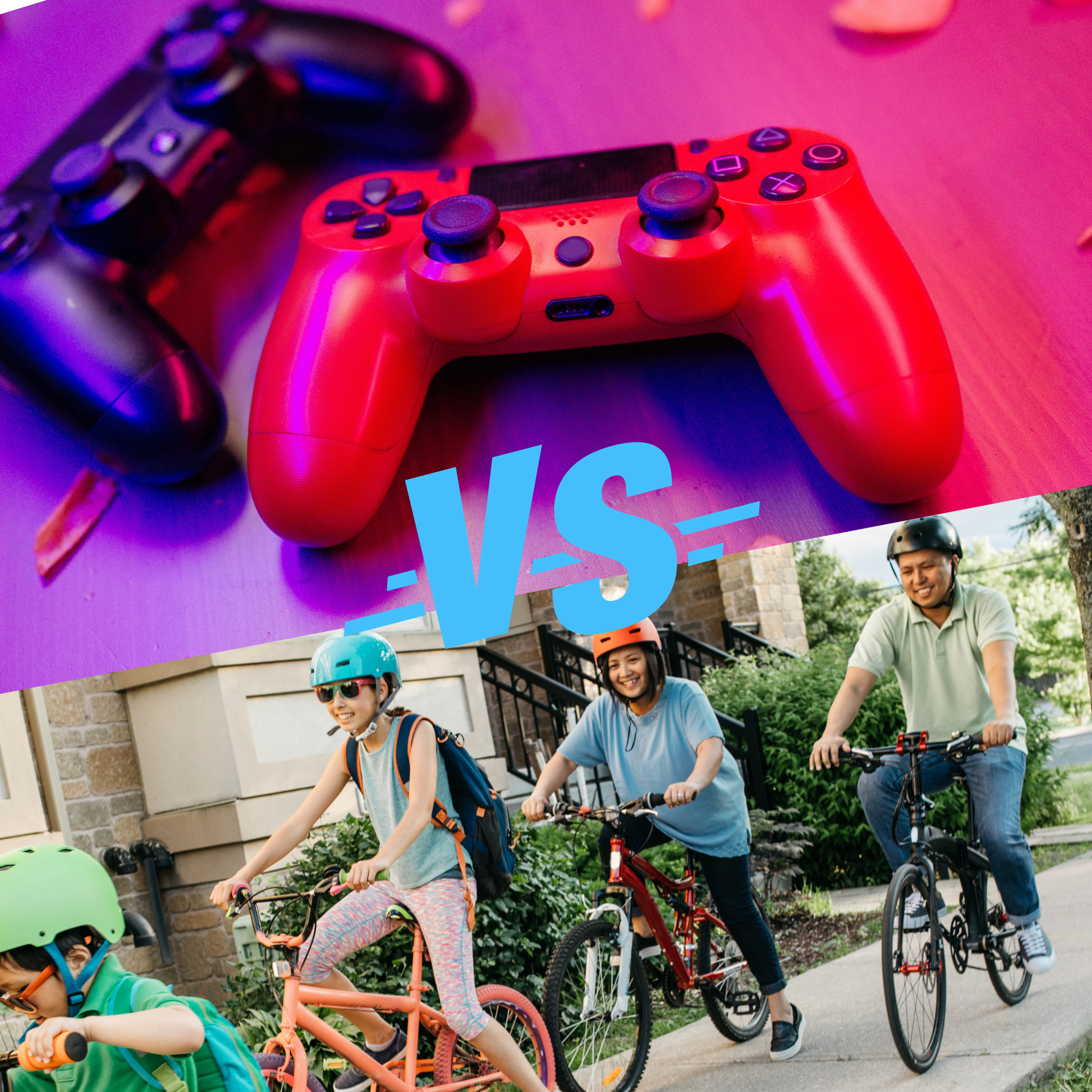There is a mass appeal in today's society for video games, especially among tween boys. The games are fun, the action is fast, and the challenges are enticing. However, when kids spend most of their time in front of screens, as most parents know, it's not good for them. Video games in particular have a poor effect on these unsuspecting tween boys.
They can end up developing an increasing desire for instant entertainment. That, in turn, decreases their attention span and listening skills. And while Harvard Health studies link excessive gaming with conditions like sleep deprivation, insomnia/circadian rhythm disorders, depression, aggression, and anxiety; simple common-sense dictates that too much time spent playing online games is counter-productive to a child's healthy growth and development.
Removing children from gaming altogether is not the goal here. Finding a balance between time spent on their devices and time spent away from them, outdoors experiencing nature, or getting physical activity is key. Tween boys' bodies crave activity, it's necessary for healthy growth of the mind and body.
How To Promote An Active Lifestyle To Tween Boys
The simple answer is to set strict rules and time limits. If it were that easy though, there wouldn't be a nationwide problem with it. While having those rules in place is important, there needs to be a bigger push.
The American Academy of Pediatrics recommends children get a minimum of 60 minutes of activity a day. One hour, that's it. If parents find something their children really enjoy, they will probably end up getting more than that.
Heart & Stroke researcher Dr. Ryan Rhodes of the University of Victoria is studying ways to support parents in fostering healthy habits in their children. He says it helps to work together as a family to find opportunities for physical activity. Parents know why physical activity is important, but need to be equipped with the tools to get active and stay active.
How To Get Tween Boys To Have An Active Lifestyle
Start slow. If a tween boy isn't used to getting exercise, an hour might be a lot to ask for. Parents should try to keep in mind that this activity doesn't need to be an organized sport. Maybe they start with a 10-minute walk and work up from there. Add 2 minutes every other day, or 5 minutes each week. If they want to do more, by all means, parents can let them. It just shouldn't be expected for anyone, of any age, to go from zero to sixty in the blink of an eye.
There is no "best way" to be active. In reality, if the tween is willing to be active, that is all that is required. Any activity that makes them move off their seat counts. Mowing the lawn, shoveling snow, walking the dog, all of that can count towards being active.
How To Get Your Tween To Keep An Active Lifestyle
Parents who want their tweens to stay active might want to plan some fun activities. They could call the school or go online and look at what Parks and Recreation has for boys in that age group. Supporting a tween by providing options, equipment, transportation, and opportunities to be active with their friends will keep them motivated.
Everyone can benefit from being physically fit. Nemours Kids Health says staying fit can help improve academic performance, build confidence, prevent obesity, and decrease the risk of serious illnesses (such as heart disease and diabetes). And regular physical activity can help teens learn to meet the physical and emotional challenges they face every day.
Parents can help their tween commit to an active lifestyle by being a positive role models and exercising regularly too.
- Going for walks after dinner
- Going on a family hike.
- Take a family bike ride.
- Playing catch
- Going to a local swimming pool
- Playing Basketball
Working together to reach an activity goal will help parents and tweens.
Sources: Harvard Health, American Academy of Pediatrics, Dr. Ryan Rhodes, Nemours Kids Health

.png)
.png)
.png)